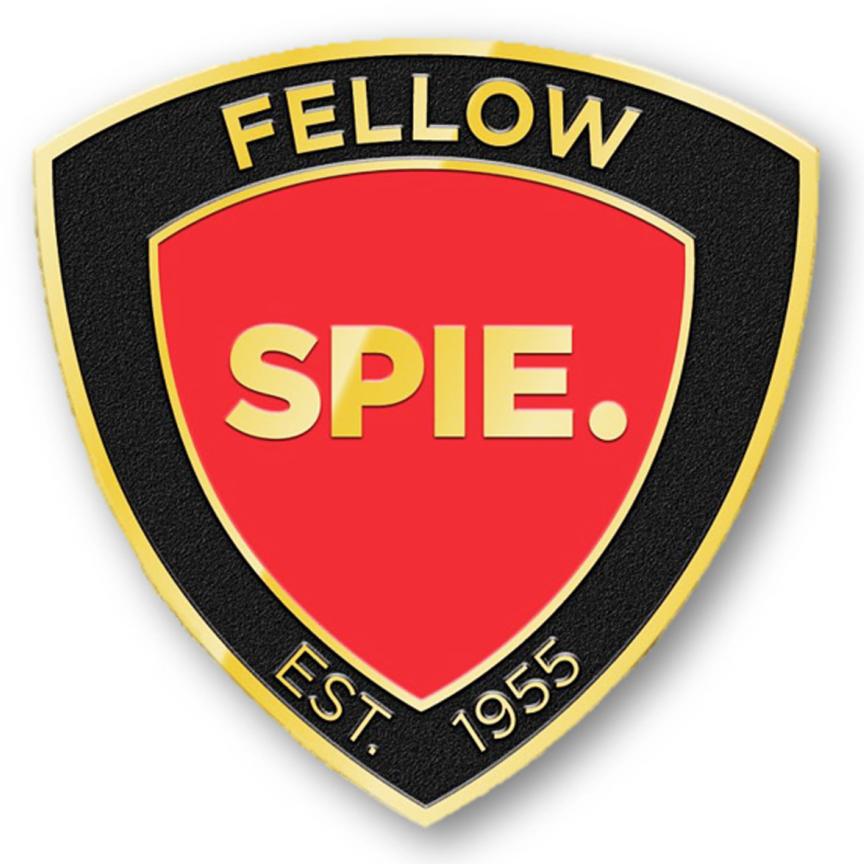Ultrafast fibre laser manufacturer Fianium has opened a new micro-materials processing applications facility. Based in Portland, Oregon, USA the new facility enables Fianium to work closely with OEMs to test material samples and highlight the processing results attainable with its range of versatile picosecond fibre laser attributes. Through the facility, Fianium will prove ultrafast fibre lasers as a unique and superior solution for laser processing of a diverse range of materials, including materials that have historically proven difficult to process using conventional DPSS lasers, such as polymers, glasses, organic tissue and reflective metals.
In setting up the facility, Fianium has partnered with photonics engineering services provider Summit Photonics, which is led by Dr Brian Baird. Dr Baird has pioneered multiple generations of industry-leading solid-state photonics solutions for laser processing of microelectronics, semiconductors, and photovoltaic devices during his career at Summit Photonics and Electro Scientific Industries (ESI). His expert guidance is an ongoing asset for customers using the facility.
As well as proving ultrafast fibre lasers as an efficient alternative to traditional laser solutions, the combined expertise and experience of the Fianium and Summit Photonics teams will be central to the facility’s ability to pioneer advanced ultrafast fibre lasers processing applications.
Commenting on the opening of the new facility, Fianium’s founder and chief executive Anatoly Grudinin said: 'As well as targeting the many known applications for lasers, like micromaching and photovoltaics, I’m a firm believer that we’re currently only scratching the surface in terms of ultrafast lasers’ potential. There is no doubt that many applications are yet to be envisioned, but through our facility I believe we have a means to test and help drive new applications to fruition.'

